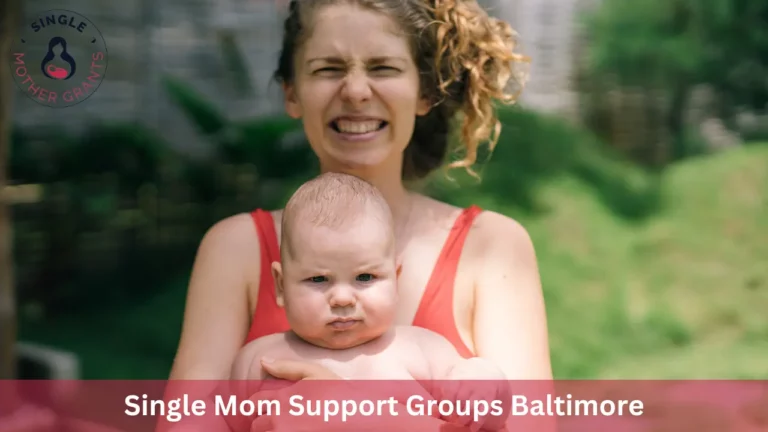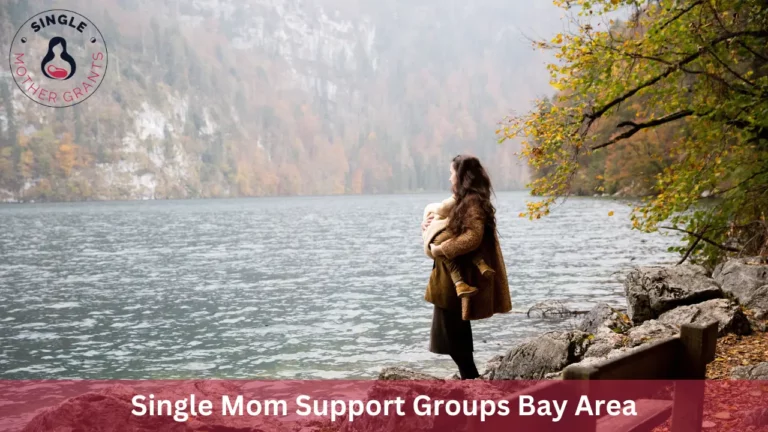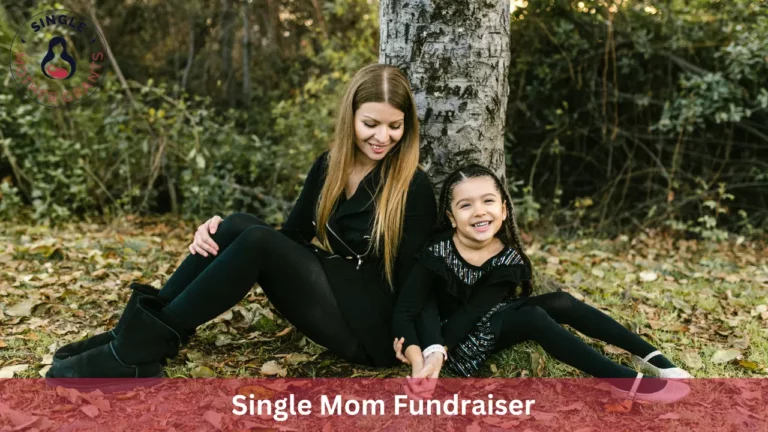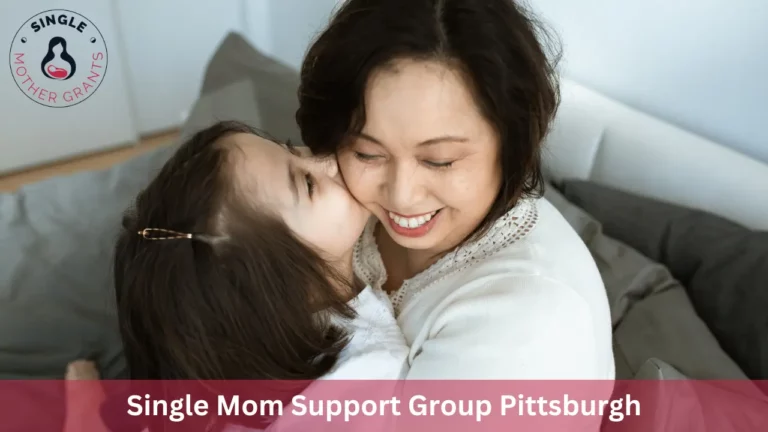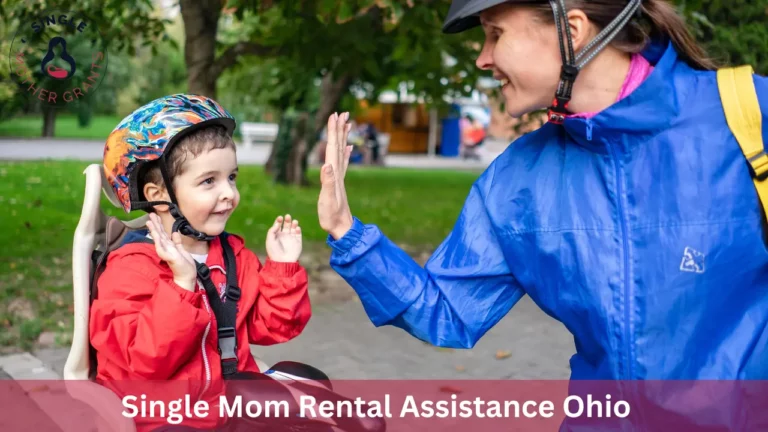Empty Nester Single Mom
Being a single mother has its ups and downs. Having kids means a life full of significant events, from hearing their first words to saying goodbye on their first day in high school. However, one event which many single parents struggle with is when their children leave home. Many of them go through empty nest syndrome, which is the grief they feel when their kids leave the house. Even though it is not a clinical diagnosis, it is typically a phenomenon full of loneliness and sadness for parents. Single mothers grieve the loss of relationships and lifestyles, which are a part of their identity.
What Do You Mean By Empty Nest Syndrome?
The term empty nest syndrome means emotional turmoil or sadness that parents experience when their children grow up and decide to move out of the family home. As college or high school draws near, many feel mixed excitement, anxiety, sadness, and relief. Parents are proud to see their children move on into the world and become independent young adults; however, they cannot help but worry about their well-being and grieve the relationship they used to share while living under the same roof.
Can Single Moms Survive Empty Nest Syndrome?
Parents have to make many sacrifices for their children. While married couples or partnered parents get support from each other and can enjoy their leisure time, single parents do everything alone. In other words, they go through less sleep, less leisure time, or less time to perform other pursuits. Most of them had to forgo their career, romance, new friendships, and hobbies to care for their children and look after them. When their children move away, they get more time to enjoy themselves. However, this removes a sense of joy and purpose from their lives. Many of them feel depressed and lonely. For instance, many grieve the romantic relationship; they could have or feel it is too late to start a new hobby or a career change. While some parents experience empty nest syndrome, some feel a renewed sense of joy and purpose as their children leave. There isn’t any right or wrong way to feel when your child leaves home. As you transition into the next chapter of your parenting lives, you can deal with the grief and survive emptiness syndrome by finding help from support groups, taking up a new hobby, planning fun events with your friends, going on a family trip for the holiday break, avoiding leaning on your child for support, consulting with a therapist if you need help, traveling and spending time with your close ones.
Symptoms Of Empty Nest Syndrome
Different people manifest emptiness syndrome in different ways. Some common types of emptiness syndrome are as follows:
1. Loneliness
The departure of your beloved children may be overwhelming and daunting as a single mom. Waking up one morning only to remember that your kids are no longer living with you at the same home can be isolating. Seeking help and joining support groups can help you if you want to overcome empty nest loneliness when you are a single mom.
2. Emotional Distress
Empty nest syndrome can be challenging as well as rewarding at times. It is indeed a roller coaster ride since you miss the closeness and relationship that you used to share with your children. This may lead to emotional distress. Living alone can be stressful and isolating as it is harder to access support during the process when your child moves on.
3. Loss Of Purpose
If you are a stay-at-home parent and perform your full-time job from home, then it can leave a huge vacuum in your life when you no longer see your children daily. The sense of nothingness or void makes you feel you do not have a purpose in life.
4. Depression
Generally, a single parent spends around 18 years caring for their children. Single moms with empty nest syndrome experience depressive symptoms as their child is away from home. Some common symptoms include changes in sleep patterns, appetite, frequent crying, chronic sad mood, negative thoughts, irritability, isolating behavior, and getting triggered by seeing the empty room of children or the empty chair at the dinner table.
5. Anxiety
Feeling worried or anxious before your child’s departure is normal. Anxiety is a way through which your body signals discomfort. Single moms and empty nesters should take time to process the grief and emotions that they feel. Some typical symptoms which a lot of single mom empty nesters feel are tension, body pain, panic attacks, difficulty relaxing, feeling agitated, excessive future planning, etc.
How Empty Nesting Single Moms Survive Without Friends Or Family?
An empty nest for single moms is an overwhelming and challenging phase for many. It is possible for empty-nesting single moms to survive without the support of their friends and families. Traveling alone as a solo mom in your 40s or 50s without kids, partners, friends, or extended family will give you freedom. It will educate you both personally and culturally. Traveling solo is also an opportunity to find out where you fit in and a process of self-discovery. It is never too late to alter specific aspects of life and become comfortable with your new identity that you are no more a single parent but single and that your kids have grown up and left home. With no family, friends, or peers to influence, you can discover yourself and decide your passion. You can travel solo, go scuba diving, jungle trek, spot shopping, bungee jumping, read books, plan your day and meals, perform your favorite hobby, etc.
How To Deal With Empty Nest Syndrome?
Dealing with empty nest syndrome is complicated. However, there are ways you can cope with it.
1. Make Social Connections
Single mom nesters can use their free time to make social connections and reconnect with their friends. Parents neglect social relationships as they barely get time for themselves while looking after their children. Joining single mom empty nest support groups will help you to make new connections. Making friends and investing in social connections is a healthy distraction and will reduce your emotional distress and loneliness.
2. Seek Professional Help
If the symptoms of your empty nest syndrome are persistent and severe, then you should go for professional guidance. Seeking professional help through a trained counselor will help to manage your emotions and provide you with grief support. Often symptoms of depression are confused with symptoms of empty nest syndromes.
3. Reconnect With Your Partner
An empty nest is an excellent opportunity to spend quality time with your partner. You can use this new space or time to reignite your relationship with your partner. This is an ideal time to make a home environment with compassionate and mutually supportive relationships. Nearly 163% of those experiencing empty nest syndromes reported becoming closer to their partner after their kids left home.
4. Set Future Goals
It would help if you adopted a forward-looking mindset to eliminate feelings of distress and grief. You need to motivate yourself and boost a healthy outlook toward your life. Setting as well as achieving future goals will help in developing an authentic identity of yours.
5. Take Up A New Career Or Hobby
You can expand your interest to get a fulfilling and complete journey. Learning different facets of your identity will help you to take up a new career or hobby and remain engaged. You can try out new activities in your neighborhood, like joining a yoga class or book club. Engaging in new physical activities is an incredible way to broaden your social circle and maintain your physical health.
6. Practice Self-Care
Practicing self-care by setting aside time for yourself is an excellent way to elevate your grief. This means cooking delicious meals, journaling, running, relaxing bubble baths, etc. Following a preferred self-care ritual will make things work for you.
7. Keep In Touch With Your Children
Fortunately, we are living in an era of technology which enables effortless communication globally. Keeping in touch with your children even though they are far away from home will help you to reduce your emotional distress. Physical distance is not the same as emotional distance. You can stay in touch with your children through phone or video calls.
8. Focus On the Positive Side Of Life
You may feel sad as your children leave home; however, moving out is a positive and regular change. You can celebrate your children’s independence and feel excited about their future opportunities. Focusing on the positive will help you to reduce your negative thoughts and help you cope with empty nest syndrome in a better way.
Books About Empty Nest Single Moms
When kids fly the coop, it can be difficult for single mothers as they suffer from depression and loneliness. Single moms dealing with empty nest syndrome can read books to find happiness. Some of the selection of books that will help you when you are suffering from empty nest syndrome are as follows:
1. From Home To Me Again:
How I Survived My First Empty Nest Year And Reinvented The Rest Of My Life By Melissa Shultz
This book shares the struggles of Melissa Schultz and the hardships that she had to experience when her kids left home. She wanted to transform her friendship, life, marriage, and even her identity to find solace. Practical and funny empty-nester single moms should read this book to get advice before sending their children into the world.
2. My Nest Isn’t Empty; It Just Has More Closet Space:
The Amazing Adventures Of An Ordinary Woman By Lisa Scottoline With Francesca Scottoline Serritella
This is an entertaining book which is written by a mother-daughter duo and has shared all the family secrets. Reading this book will make you laugh since the author discusses many things, from carbohydrates to blind dates and even addiction to wedding announcements.
3. Release My Grip:
Hope For A Parent’s Heart As Kids Leave The Nest And Learn To Fly By Kami Gilmore
This journal will help single mom empty nesters to let go of their children and deal with the difficult phase of their life. This book will answer a lot of your questions and will help you to deal with your challenges and will help you to adjust yourself to the new formal.
4. HappiNest:
Finding Fulfillment When Your Kids Leave Home By Judy Holland
The writer Judy Holland enables single parents to transition from empty nesters and find happiness and grace. The writer provides a lot of tools and tips to manage the realities and emotions of this life stage that a lot of single moms and dads have to go through. Drawing from interviews with other empty nesters and social science research, this book will help you to seek a renaissance in your relationship, find out support and deal with your situation better.
5. Finding The Joy In The Empty Nest By Jim Burns
This book is written for empty-nester single moms and guides them to navigate life and overcome all the hurdles. Being a family educator, the book’s writer, Jim Burns, shares his personal expertise and personal experience so readers can find happiness and joy in this new phase of their lives. The book Finding Joy in the Empty Nest offers practical advice so empty nesters can reinvent themselves and face more significant issues like finances, aging parents or kids returning home, and improving their relationship with children.
Conclusion
Transitioning from active parenting to a quieter life without kids in the home can be difficult. This transition is significantly more challenging for single parents without the support of a spouse. Emptiness syndrome, although, is not always a negative experience, as research states that many parents experience renewed relationships and excitement when their kids leave home.


